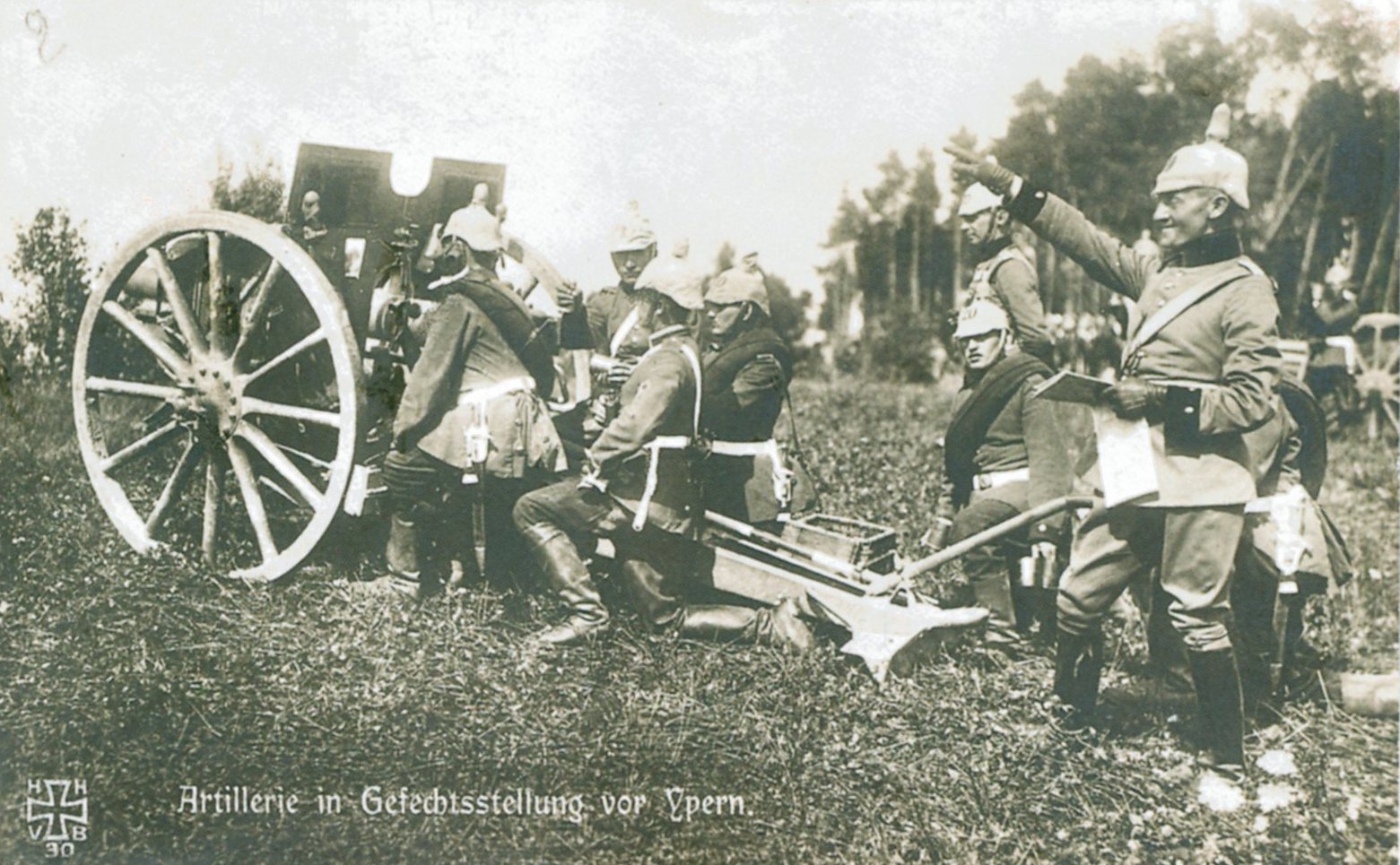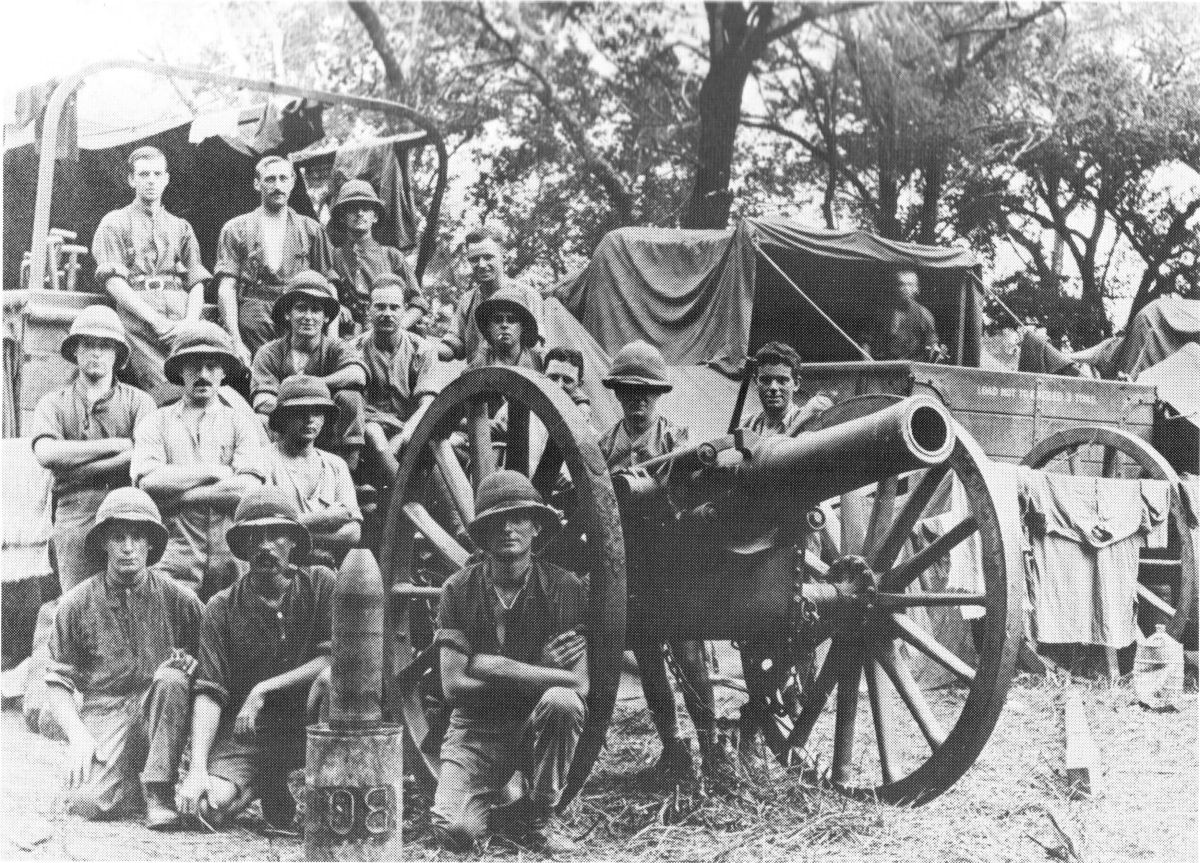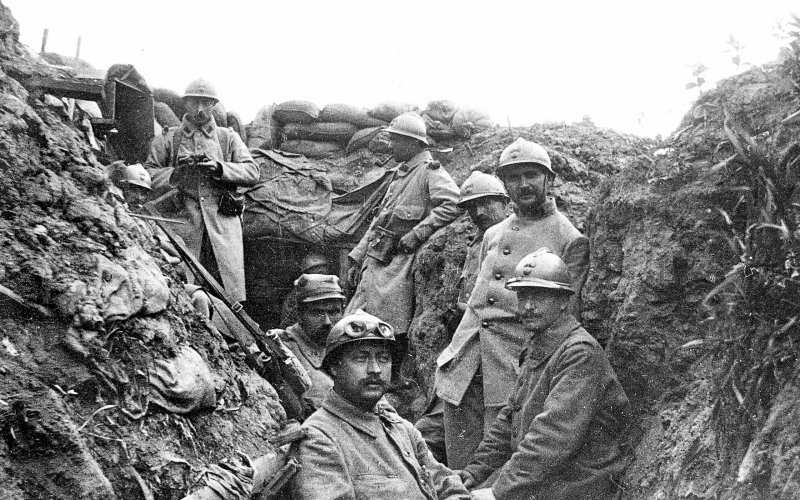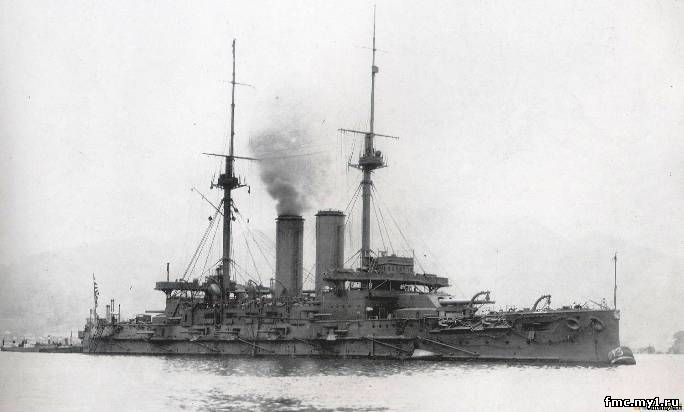On the Eve of War

The flash of the camera stung General Stae Pjjokhat, causing him to shift uncomfortably in his seat. He never liked photographs: so imperfect, so prone to catch what wasn't properly prepared and presented. He everyone had stayed still like they were supposed to this time. No matter the groans of the lower officers, General Pjjokhat could not abide by bad pictures: The photographer would just have to take another if it didn't meet his standards.
Those officers now had their heads turned left, facing their high commander. He felt the gazes but took his time turning to meet them. “You may rise,” he finally instructed. A wave of relief swept over the men, a mix of middle-aged and older Khaitis with a few young men and Raethonites thrown in. They were immediately up and about, talking and pacing and asking NCOs to fetch them tea. More slowly and deliberately, the general stood up as well.
“Aed willing, I hope you all know war is upon us in less than two months,” Pjjokhat remarked.
“Aye, General. And with your blessing, we'll be enjoying the tea and atmosphere of the city while we still can,” retorted one of the younger officers, a colonel.
“So I take it your section's trenches are in good order? Depots well-stocked for a long defense? Field headquarters properly fortified? Ammunition properly distributed?”
“Yes sir!” the colonel replied with enthusiasm. His reply was more than obvious, of course. The meticulous commander that he was, General Pjjokhat had overseen most of these measures since the beginning of 1906, when the First Army Group first moved its headquarters West to Faris. Though the work had not been as rapid as that under the famously energetic General Hjarkin to the South, the entire First Army command agreed that once finished it was the most elaborate of any Surv-Akur trench-works to date. Until the inevitable war began, all that had to be done was to maintain and supply them, an easy task with Faris so close by and Foedinei not much farther.
General Stae Pjjokhat, however, was never entirely satisfied. He rolled his eyes at the colonel's conviction, but he knew ordering the high officers back to their sections would accomplish little in this moment. “Fine, you and the others have my leave, as long as the photograph turns out right. But I expect everyone back to work tomorrow morning. Rest is good for a warrior's health, but too much will ruin it! Remember that the greatest trial of the century – nay, of our entire generation, is nearly upon us!”
The entire officer corps, entirely serious and respectful of their general, replied, “Sir, yes sir!”
__

The sight of General Nel Hjarkin approaching on his horse drew the undivided attention of all three-hundred soldiers of the Second Army's 205th Battalion. These were all veterans of the Reconquest of Southern Raethon, battle-hardened troops who had earned the respect of the General under his command four years ago. They were his prized loyal warriors, and he was their unwavering great leader.
Once he had crossed the line-up once and ridden back to the front and center, Hjarkin and his aides stopped their horses. He beamed a grin wide enough and bright enough in the sun for the soldiers in the rear rows to see.
“Hail the Emperor, proud servants of the Sword of Aed, soldiers of the 205th Battalion!”
“HAIL THE EMPEROR!” shouted all three-hundred men in unison.
“Our trenches are strong walls that the enemy will break against, our machine-guns fires that will consume them. Our earthworks and weapons are a fortress stronger than any our ancestors could have imagined. But have no illusions! The war to come will not be won by defense alone! The Surv-Akur holy warriors of Aed shall not be content to stay still forever, or neglect to bring the fight to the enemy's own camp! This is why I am calling you, fully armed and prepared for battle, to this barracks square! For when the time comes to sally, who will lead the charge?”
“THE TWO-HUNDRED FIFTH!”
“When we overrun the heathen enemy, who will raise the Grand Imperial flag?”
“THE TWO-HUNDRED FIFTH!”
“When we return as victors, who will bring back the enemies' swords?”
“THE TWO-HUNDRED FIFTH!”
“Exactly!” General Nel Hjarkin raised his fist into the air. “Aed brings victoryI”
“AED BRINGS VICTORY! AED BRINGS VICTORY! AED BRINGS VICTORY!”
The chant would go one for minutes, not only by the 205th but across the entire army as more units joined in. If one thing could be said for General Nel Hjarkin, it was that his own impatience instilled confidence and zeal in his soldiers.
__

“For the front page, you say?” inquired General Ishui Gvardiu to the journalist sitting across from him, not the one who had just taken his photograph. She was a middle-aged Byrnian, dressed in Old Byrnis merchant garb but with the Press Service grey cap.
“Indeed! With war coming, people want to hear the words of the General who invented the weapon of modern battle. So, what is your take on the strategic situation?” The press agent brought her pen close to her notebook.
“Victory is more than assured. The enemy will be forced to react on multiple fronts, in their colonies and in their homelands, by forces far superior in number. Between the Societatem and the Imperial Restoration, the Restoration is easily the stronger and better-positioned alliance.”
“As an inventor of the heavy automatic rifle, colloquially known as the 'machine-gun,' what do you say to reports of enemy superiority in weapons technology? If war-machines such as yours can negate the power of numbers, should we fear that the size of the Surv-Akur and our allied armies will be ineffective?”
“Of course not! A modern war like this one, of course, will take longer and cost more lives than those we are used to, and such is sadly the price of defending the Empire from heathen colonizers. But the advantage of numbers still means a great deal in war, if applied properly. More importantly, the technological gap you're referring to is often exaggerated. A rifle with a few more rounds per clip, a machine-gun firing a few dozens more rounds per minute, a shell with ten centimeters more explosive radius: These are not what will decide the war. While certainly important, small technological edges cannot make up for the crucial questions of planning, positioning, supplies, and manpower. And in these respects the Grand Survaek Empire, and its allies of the Restoration, are much better-prepared than our enemies.”
“And what, in your opinion, makes such a protracted and costly form of war worth it?”
“The glory of the Empire, the light of Aed, and most of all, the security of the Survaekom people. The Deltorans, Soroyans, and Murenheidtans have a long history of grabbing Serranthian lands from their rightful native rulers, not least among them the Grand Survaek Empire itself. We now have the power to defend ourselves from further incursions by individual enemy powers, but we should not fool ourselves into thinking they will not collaborate to push their colonial ambitions further. If we do not reclaim our historic Empire, our foes will use that very Empire as a pool of resources and conscription to conquer the rest. Only strength in unity with our allies and a deep commitment to victory can assure the long-term integrity of our glorious nation.”
“Well said, General. Now, as commander of the Surv-Akur Third Army Group, what can you say for how your own forces will contribute to our victory?”
“Alas, I cannot divulge such information. But what I can say is that I am very confident in our war-preparations, thanks to his Imperial Majesty Shayaer Khaitis, Sword of Aed. With his blessing and the grace of Aed, the Third Army Group is the hammer that will dash our unrighteous foes to pieces. Glory to the Emperor and all praise to Aed!”
“Glory to the Emperor and all praise to Aed, indeed.”
_____

“FIRE!”
Two-dozen rifle shots rang from the 10th Platoon of the 103rd Desert Battalion. The cracks and bangs continued until the commanding lieutenaint raised his hand and declared, “CEASE FIRE!”
Once the firing had stopped, the lieutenaint jogged briskly ahead to inspect the results. Eighteen of thirty “enemy patrol” dummies had suffered punctures or tears from the fusillade. Not bad, but not quite good enough.
The lieutenaint walked back to his soldiers. “We'll have to do better, comrades. Remember: Mark your targets, hit them, and move to the next. Aim for the most exposed first, but don't stop with them. You'll need to keep the ones in cover suppressed, even if you don't hit them outright. Also,” he pointed to four different soldiers, “some of you didn't move to proper cover after the first shots. The enemy's going to return fire quicker than you might expect. First stance should be your best for aiming, but second should be all about presenting as little of yourself as possible to their rifles. In a platoon to platoon fight like this, we have no trench: Every man out of cover could be the difference between victory and defeat. Understood?”
“Yes sir!” replied the troops somewhat tiredly. They were all used to hot, dry weather, but even after years of garrison the Hauthkaj Desert was something more. They all took a moment to drink from their canteens, but what everyone really wanted was shade and rest in their camp. Unfortunately, they wouldn't be getting relief anytime soon.
“Now, let's all go fetch more targets.”
__________
Summary:
-- A look at the great generals of the Surv-Akur First, Second, and Third Army Groups.
-- Hauthkaj desert units practice marksmanship and small-scale firefight tactics.



















